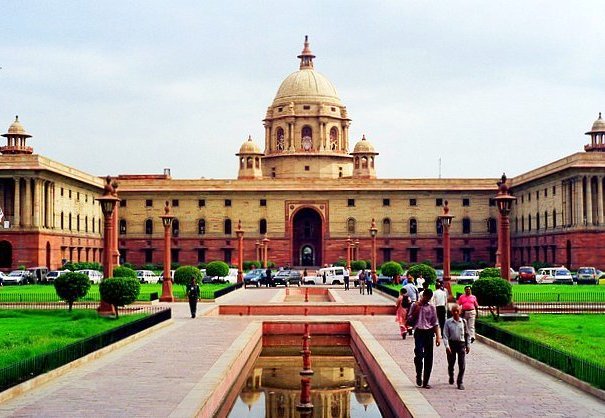 Mumbai: In an unprecedented decision, the Bombay High Court struck down the mandatory death penalty for drug offences, becoming the first Court in the world to do so. Announcing the order via video conferencing, a division bench of Justices A.M Khanwilkar and A.P Bhangale declared Section 31A of the Narcotic Drugs and Psychotropic Substances Act, 1985 (NDPS Act) that imposes a mandatory death sentence for a subsequent conviction for drug trafficking ‘unconstitutional’.
Mumbai: In an unprecedented decision, the Bombay High Court struck down the mandatory death penalty for drug offences, becoming the first Court in the world to do so. Announcing the order via video conferencing, a division bench of Justices A.M Khanwilkar and A.P Bhangale declared Section 31A of the Narcotic Drugs and Psychotropic Substances Act, 1985 (NDPS Act) that imposes a mandatory death sentence for a subsequent conviction for drug trafficking ‘unconstitutional’.
The Court however, refrained from striking down the law, preferring to read it down instead. Consequently, the sentencing Court will have the option and not obligation, to impose capital punishment on a person convicted a second time for drugs in quantities specified under Section 31A.
The decision brings some reprieve to Ghulam Mohammed Malik, a Kashmiri man sentenced to death by the Special NDPS Court in Mumbai in February 2008 for a repeat offence of smuggling charas [cannabis resin]. Because of the mandatory nature of the punishment under Section 31A as it stood then, Malik was sentenced to death, without consideration of individual circumstances or mitigating factors. The High Court’s verdict came in response to a petition filed by the Indian Harm Reduction Network (IHRN), a consortium of NGOs working for humane drug policies, who assailed mandatory capital punishment as arbitrary, excessive and disproportionate to the crime of dealing in drugs.
Reacting to the order, Director of the Lawyers Collective, Anand Grover, who led the case for IHRN, said – “the order marks an important advance in drug policy and anti-death penalty campaigns. We will examine the decision fully to assess whether striking down the death penalty, as was done by the Supreme Court for Section 303 of the Indian Penal Code[1] <#_ftn1> would have been more appropriate””
Across the world, 32 countries impose capital punishment for offences involving narcotic drugs and psychotropic substances. Of these, 13 countries (including India until today) prescribe mandatory death sentences for drug crimes. In countries like Iran and China that actually carry out executions, drug offenders constitute the vast majority of those executed. In May last year, the Court of Appeal in Singapore upheld the mandatory death sentence imposed upon a young Malaysian for possession of heroin.“This is a positive development, which signals that Courts have also started to recognize principles of harm reduction and human rights in relation to drugs” remarked Luke Samson, President, IHRN.
Welcoming the decision, Rick Lines, Executive Director of Harm Reduction International, a UK based agency that specializes in drug control and human rights and the author of ‘The Death Penalty for Drug Offences: A violation of International Human Rights Law’ (2007), said ““The Court has upheld at the domestic level what has been emphasised for years by international human rights bodies – capital drug laws that take away judicial discretion are a violation of the rule of law. India’s justice system has affirmed that it is entirely unacceptable for such a penalty to be mandatory. This will set a positive precedent for judicial authorities in the region, which is rife with draconian drug laws.”
The judgment will be made available shortly at www.lawyerscollective.org
Tripti Tandon
Lawyers Collective
www.lawyerscollective.org